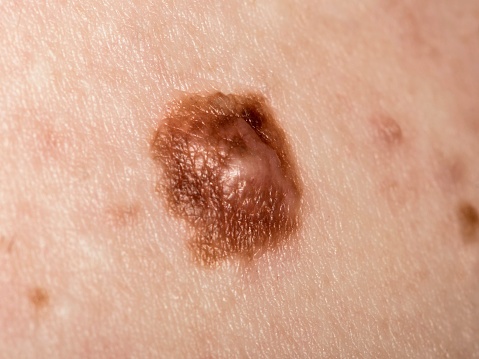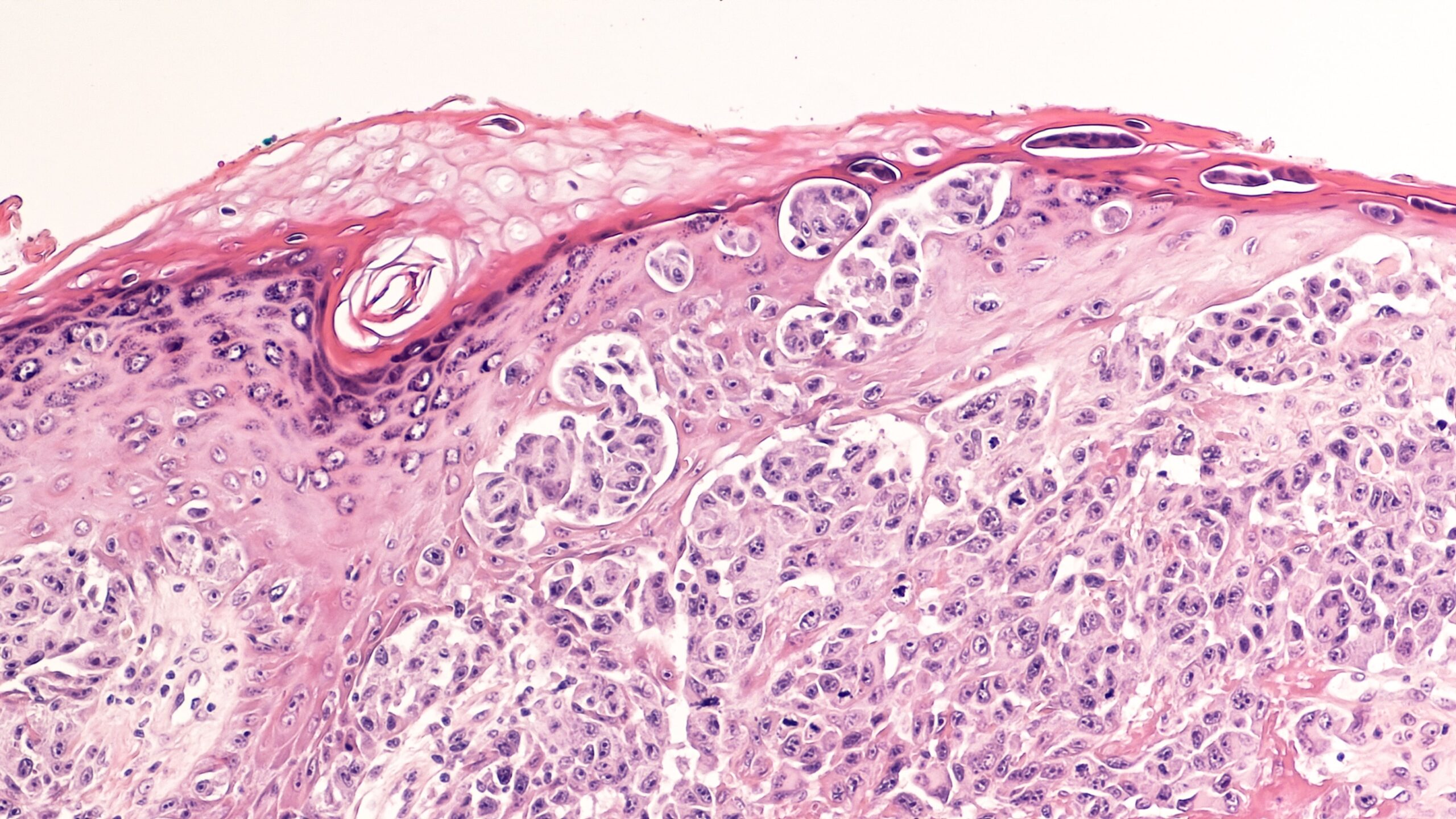
Results from the open-label, phase II CheckMate 204 study show that combined immunotherapy with the two checkpoint inhibitors nivolumab and ipilimumab led to a 57% clinical benefit (primary endpoint; defined as complete response [CR], partial response [PR], or stable disease for at least 6 months) in patients with asymptomatic, untreated melanoma metastases to the brain.
The study enrolled patients with melanoma who had at least one measurable, non-irradiated asymptomatic brain metastasis measuring 0.5 to 3 cm in diameter.
Editorial: Immunotherapy for Melanoma Metastatic to the Brain https://t.co/5IGY22Sglb pic.twitter.com/iKTjihpZ13
— NEJM (@NEJM) August 22, 2018
Patients received nivolumab 1 mg/kg plus ipilimumab 3 mg/kg every 3 weeks for up to four doses, followed by nivolumab 3 mg/kg every 2 weeks until progression or unacceptable adverse events (AEs).
Twenty-six percent of patients had a CR, 30% had a PR, and 2% had stable disease for at least 6 months.
For people with an aggressive skin cancer that has spread to the brain, immune-activating drugs can shrink tumors and prolong survival https://t.co/RlY3aSIrTd
— The New York Times (@nytimes) August 23, 2018
Treatment-related grade 3/4 AEs occurred in 55% of patients, the most common of which was increased alanine aminotransferase or aspartate aminotransferase.
Nineteen patients (20%) discontinued treatment because of grade 3/4 AEs.
A simple blood test can detect melanoma.
The U.S. Food and Drug Administration approved a combination therapy for melanoma.
Source: New England Journal of Medicine







 © 2025 Mashup Media, LLC, a Formedics Property. All Rights Reserved.
© 2025 Mashup Media, LLC, a Formedics Property. All Rights Reserved.